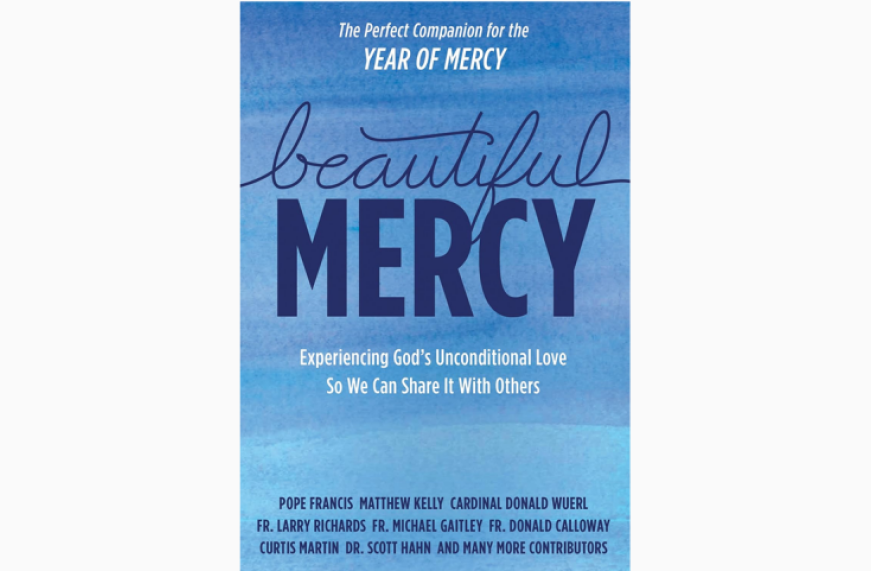Come Away and Rest

As I prepared to write this reflection, I found myself pacing in my office. I was deep into the, “Lord, reveal to me what you need your disciples to hear so that it be your words not mine.” In the gospel from Mark I was struck by verse Mark 6: 31, “Come away by yourselves to a deserted place and rest a while.” How often do we do that?
At this point in the Gospel of Mark, the apostles learn of John the Baptist’s death. Jesus desperately tries to remove them from the crowds so that they may come away by themselves and rest awhile. Jesus is encouraging self-care. Jesus is encouraging time to mourn. Jesus is loving His disciples, striving to provide them with what they need, yet the crowds press on. What does this mean for our own lives?
Our culture has allowed us to believe that busy is better. That the busier you are the better you are. It is a badge of honor to share how impossible your schedule is. Why? Is busier better? Is it somehow a show of popularity? Is it arrogance to some degree? I have come to learn through many Saintly examples that the busier we are, the less charitable we are able to be, that if we don’t set boundaries with our time, we are unable to respond to the demands of love around us. How does the adage go? You can’t give what you don’t have. Jesus clearly knows that and strives to provide that for His disciples. We often see Jesus retreat in order to pray, to rest, to fill His cup. If He can do it, so should we. In today’s Gospel, He is teaching this important practice, to go away to a deserted place to rest. As disciples, we must refresh, restore, and renew our energies in order to be the hands of Jesus in the world.
My fellow disciples, take time to go away by yourselves to a deserted place and rest awhile. Summer provides an opportunity to do that if we let it. This could mean turning off the radio in the car, sitting on the deck/patio so you are not distracted by the TV, putting down or putting away our phones, spending time just “being,” or visiting church to sit before the tabernacle or in Adoration. Simply unwind and unplug. If this isn’t part of your routine, might I suggest starting slow with 1 or 2 minutes and building up from there? To the unpracticed, one minute can seem like an eternity! Create a habit of withdrawing to fill your cup so that you can be a peace-filled disciple, one who is ready to respond to the demands of love placed before you on a daily basis. Go, rest a while.


